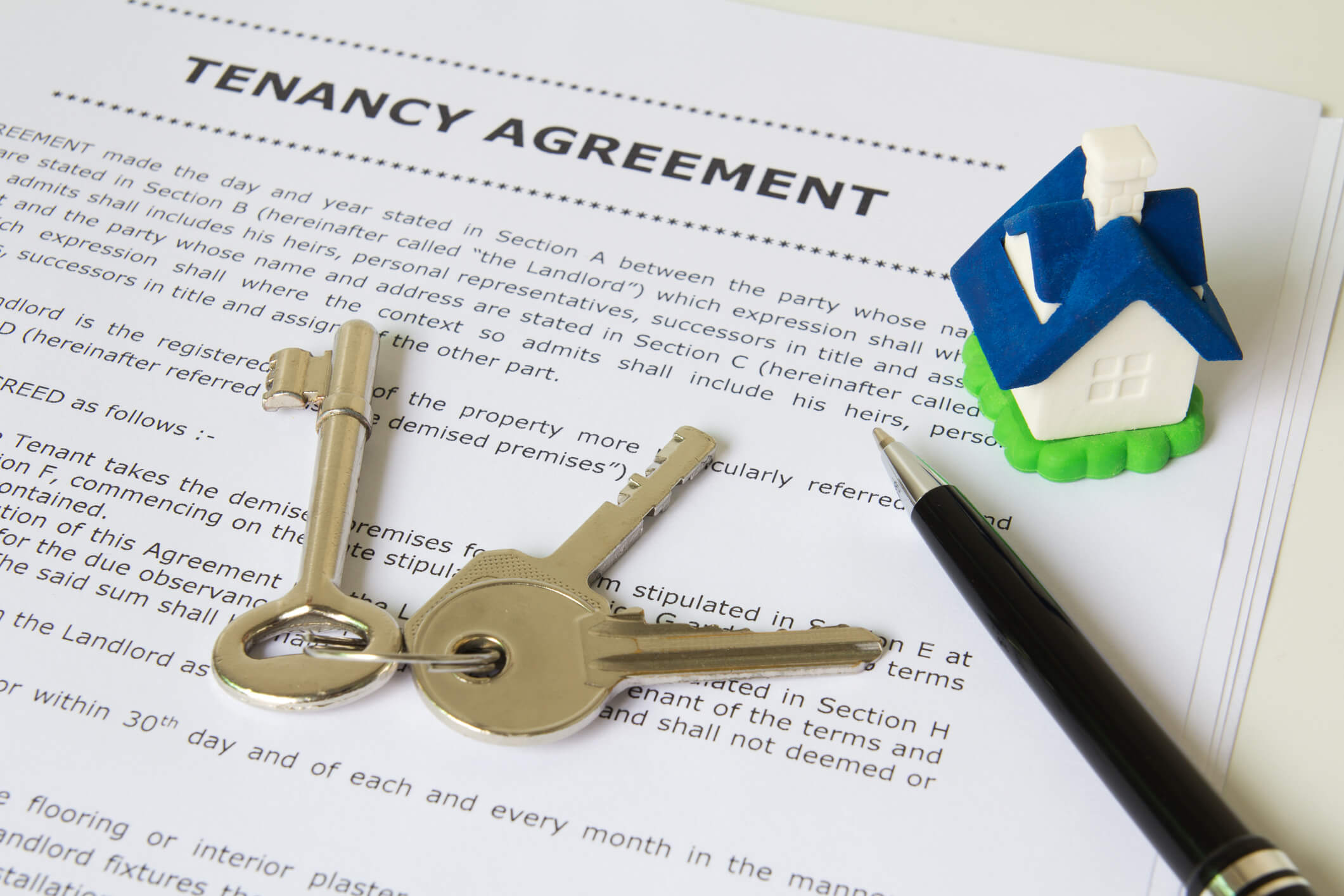Housing Stability and Tenant Protection Act of 2019: Changes for Cooperatives

On June 14, 2019, the New York State legislature passed, and the governor signed, the Housing Stability and Tenant Protection Act of 2019 (the “Act”). While the law was directed primarily toward rent controlled and rent regulated housing, it includes substantial changes to the New York State Real Property Law (the “RPL”) and the Real Property Actions Procedure Law (the “RPAPL”), which affect non-regulated housing, including cooperatives.
The Act was drafted with little or no consultation with city or state regulatory agencies, DHCR, or HPD, and without input from organizations representing cooperatives. In light of that, a substantial number of unintended consequences will result from its passage.
For cooperatives, the portions of the Act that most affect them are revisions to RPL and RPAPL affecting the collection of maintenance through Housing Court litigation, rules on maintenance increases, the leasing and subleasing of apartments including fees that can be collected for applications, and a cooperative’s duty to mitigate losses when shareholders lose legal possession.
Collection of Maintenance: The Act makes substantial changes to how a cooperative can sue in Housing Court to collect unpaid maintenance. Key points include:
- RPAPL Section 702: A landlord, which would include co-ops, may only use a nonpayment proceeding only to collect base maintenance. Cooperatives will no longer be able to collect any other type of fees in a Housing Court proceeding. This means that cooperatives will no longer be able to sue for air conditioning or electrical charges, late fees, gym fees, assessments, or any other fee that is not base maintenance.
- RPAPL Section 711: Rent demands, the preliminary demand setting forth the charges and fees due to the landlord, will now require 14 days’ notice rather than the previous three days’ notice. In addition, the Act requires that landlords send by certified mail a letter with at least five days’ notice telling tenants that they have failed to pay maintenance (see RPAPL Section 235-e). This five-day mailing notice is required prior to serving a rent demand. In essence, the Act increases by 16 days the amount of time before cooperatives can commence any type of action against a nonpaying shareholder.
- RPAPL Section 733: Increases the time required for service of a Petition and Notice of Petition by an additional five days, to arrange of service to at least 10 days and not more than 17 days from the return date of the Petition. Again, this further delays the cooperative’s ability to pursue unpaid maintenance.
Further changes under the Act affecting cooperatives’ rights in dealing with non-paying shareholders:
- RPAPL Section 749: This provision of the Act places restrictions and requirements on the issuance of the warrant of eviction, the court order that allows the City Marshall to remove a tenant from legal possession. The Marshal’s Notice, which advises the tenant of the date of the eviction, has been increased from 6 days to 14 days. This permission also increases the court’s discretion to vacate judgments and restore tenants to possession. In addition, the Act also revises Section 753 of the RPAPL, granting the court wide discretion to stay enforcement of warrants for up to a full year; the previous maximum had been six months. The Act expands the court’s discretion to consider tenant factors in granting stays, and increases the automatic stay on issuance of a warrant of eviction from 10 days to 30 days.
- RPL Section 226-C: The Act creates a requirement of 120 days’ written notice served on the tenant if there is a 5% or more increase when a renewal is offered. This should not apply when a cooperative has a maintenance increase in excess of 5%, but the language of the Act is unclear, and theoretically could be applied to this circumstance.
- RPL Section 238-a: This new section creates a number of limitations on fees, including application and late fees. Landlords are limited to a fee not to exceed $20 for background and credit checks. Further the law states that no other fees or requirements are permitted as a condition of obtaining a lease. Again, this was intended for residential rental property, but as written, it could be interpreted as applying to cooperatives. In theory, this means that a purchaser’s entire application could be limited to $20, which would be a serious loss of revenue for cooperatives that normally have substantial fees associated with the application process. This section also places limits on late fees, which are capped at either 5% of the monthly rent or a maximum of $50, whichever is less.
- RPL Section 227-f: This provision prohibits landlords, including cooperatives, from utilizing court records or the existence of prior landlord-tenant litigation as a basis for rejecting an applicant. This means that it would be improper, as part of the cooperative’s application package, to ask for or conduct a tenant history or request landlord letters.
The Act contains a substantial number of other changes, which, although primarily directed at rent controlled or rent stabilized housing, can adversely affect cooperatives.
As noted previously, the Act was passed with little debate, discussion, or input by professionals and there is already substantial discussion regarding remedial legislation to address problems and conflicts in the Act. In addition, it is nearly certain that portions of the Act will be challenged in court as substantially and adversely affecting property owners in New York.
We will continue to update the details of the Act and how it is being interpreted, both by regulators and by courts in New York.
If you have any questions about this post or any other related matters, please contact me at dmroberts@norris-law.com.



